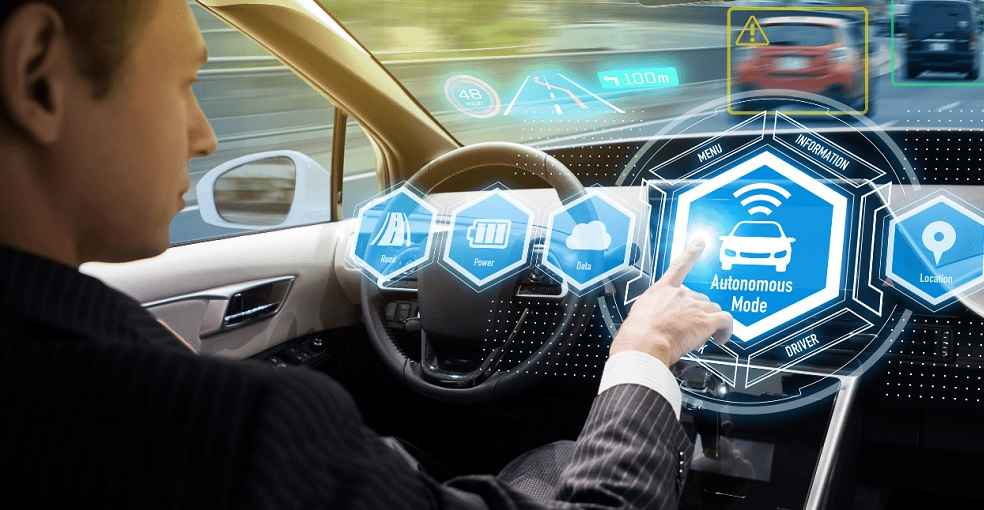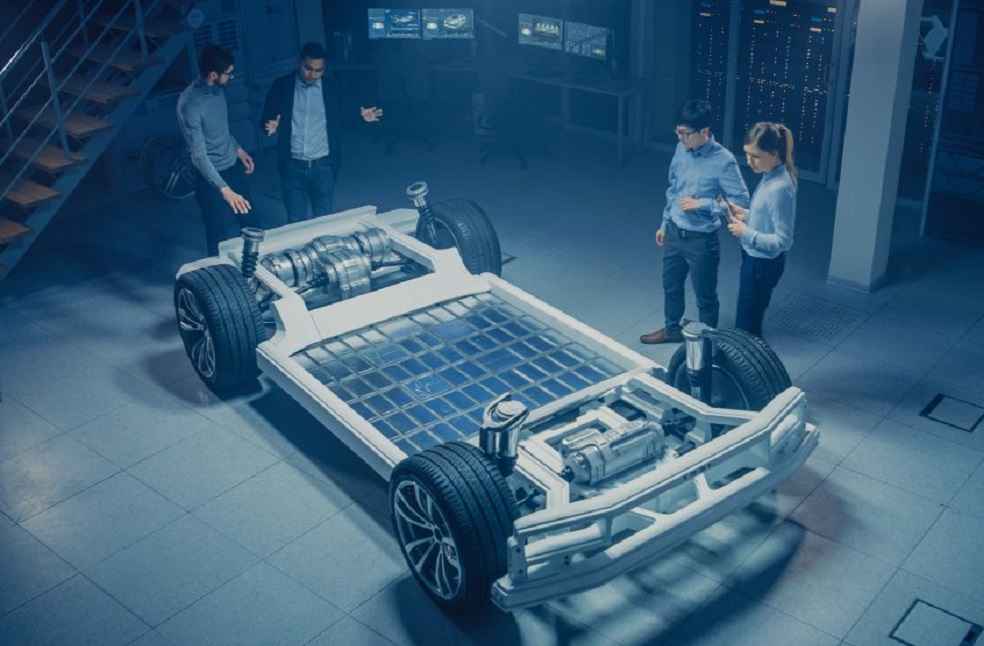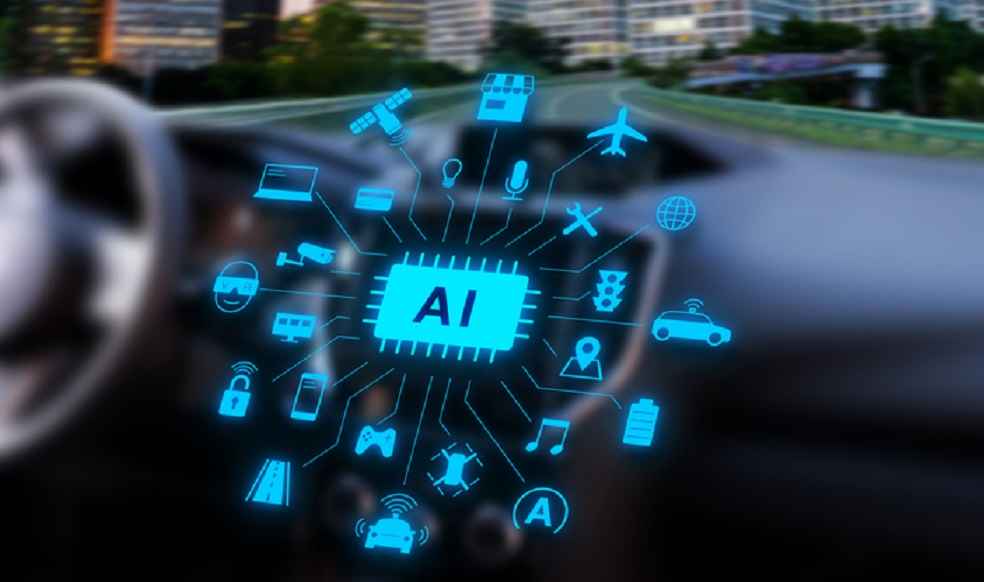China is intensifying its strategic focus on intelligent and connected vehicles, with senior officials outlining a new phase of policy acceleration aimed at shaping the future of mobility.
The announcement came during the 2025 World Intelligent Connected Vehicles Conference, a three-day event organized by the Ministry of Industry and Information Technology (MIIT), the Ministry of Transport, and the Beijing municipal government.
Xin Guobin, vice-minister of MIIT, described intelligent and connected vehicles as a ‘strategic direction’ for the automotive sector’s transformation. He revealed that MIIT will draft a development plan for the 15th Five-Year Plan period (2026–2030), covering both intelligent connected and new energy vehicles.
The plan will support technological innovation, integrate artificial intelligence with automotive systems, accelerate next-generation architectures and high-performance chips, and advance standard-setting for driver-assist and autonomous driving systems. It will also streamline production access and regulate market competition.

China has already established a robust ecosystem encompassing smart cockpits, autonomous driving, and cloud connectivity. Over 60% of new passenger vehicles are now equipped with combined driver-assist features.
Pilot projects for vehicle-road-cloud integration are underway in around 20 cities, covering over 35,000 kilometers of test roads and more than 11,000 roadside intelligent units. The Ministry of Transport is also preparing “AI + Transport” implementation guidelines to build a scalable intelligent transport network.
Minister Liu Wei highlighted the need for an “intelligent, multilayered transport system driven by technological innovation” and emphasized the importance of locally developed capabilities to drive industrial transformation.
Policy efforts extend to regulatory refinement and safety. According to the State Administration for Market Regulation (SAMR), 2.56 million vehicles were recalled in 2024 due to driver-assist system issues, representing 23% of total recalls.

A draft notice by SAMR and MIIT seeks to standardize recall management for smart new energy vehicles while curbing misleading marketing and unfair competition.
Global automakers and Chinese tech companies are closely observing these developments. Jochen Goller, BMW Group board member, noted that the shift toward intelligence, electrification, and decarbonization presents opportunities for international collaboration in China, which remains BMW’s largest market and a hub for innovation.
He affirmed BMW’s commitment to a dual strategy of independent innovation and open collaboration within China’s ecosystem.
Li Shufu, chairman of Geely Holding Group, described the industry as entering a phase of tangible technological breakthroughs, with AI now becoming the “engine of growth” across vehicle architecture, powertrain, and cockpit systems.

Zhu Huarong, chairman of China Changan Automobile Group, referred to intelligent connected vehicles as the “true future of mobility,” predicting fully automated automotive robots in next-generation digital vehicles.
Cao Xudong, CEO of autonomous driving startup Momenta, emphasized regulatory consolidation, noting that mandatory national standards are essential for high-quality development.
He forecast that assisted-driving systems could handle the majority of driving mileage at L3 and L4 levels after 2030. William Li, founder of NEV maker Nio, stressed that autonomous driving must prioritize safety, ensuring accident reduction as a foundation for freeing human attention.
China’s policy acceleration and industry developments signal a decisive push toward intelligent, AI-driven mobility, positioning the country at the forefront of global automotive transformation.
AUTO TECH | BMW and DCS Launch Fleet Application to Simplify EV Charging





